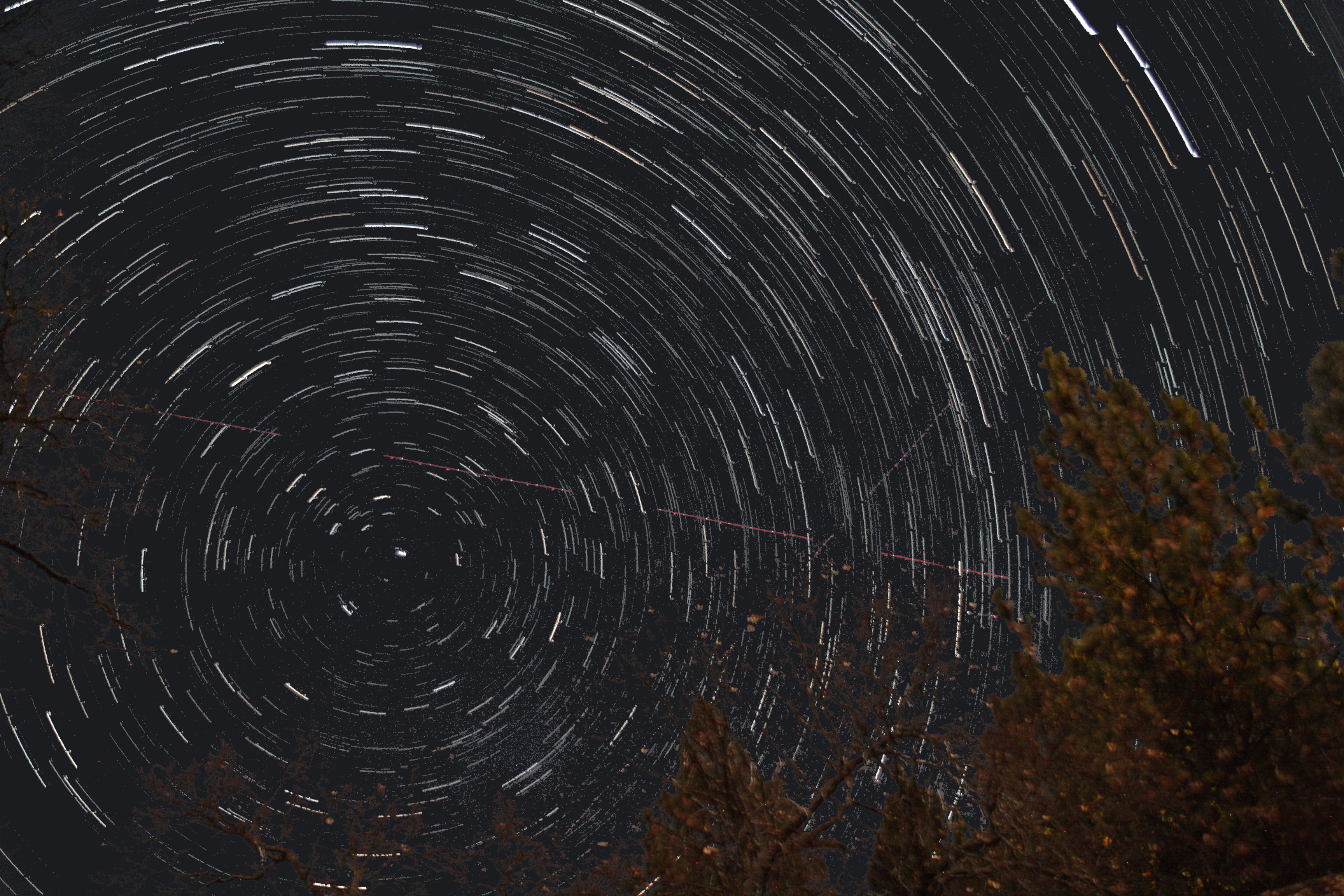
On July 4, 2012, Atlas and cms experiments of the Large Hadron Collider (lhc) announced that they had identified the beh boson. This led to award 2013 Nobel Prize in Physics to François Englert and Peter Higgs. As I write this, LHC experiments are continuing, while it is rising in energy levels. On August 6, 2014, the space probe Rosetta joined comet 67P/Churyumov-Gerasimenko, dropping a module called Philae on it, among other experiments. This mission is at present still ongoing.
What is the common point between a particle physics experiment and a space science mission? They are both long time experiments: the first articles theorising the beh boson were published in 19641F. Englert and Brout, R., 1964. Broken symmetry and the mass of gauge vector mesons, Physical Review Letters, vol 13, n° 9, pp 321 – 323. doi: 10.1103/PhysRevLett.13.321, available on line. 2P.W. Higgs, 1964. Broken symmetries and the masses of gauge bosons, Physical Review Letters, vol 13, n° 16, pp 508 – 509. doi: 10.1103/PhysRevLett.13.508, available on line. and the design of the lhc began in 1994. Concerning the Rosetta mission, its starting point were in 1984 with the validation of the Horizon 2000 project.
Continue reading Praise the long time
Notes
| ↑1 | F. Englert and Brout, R., 1964. Broken symmetry and the mass of gauge vector mesons, Physical Review Letters, vol 13, n° 9, pp 321 – 323. doi: 10.1103/PhysRevLett.13.321, available on line. |
|---|---|
| ↑2 | P.W. Higgs, 1964. Broken symmetries and the masses of gauge bosons, Physical Review Letters, vol 13, n° 16, pp 508 – 509. doi: 10.1103/PhysRevLett.13.508, available on line. |

